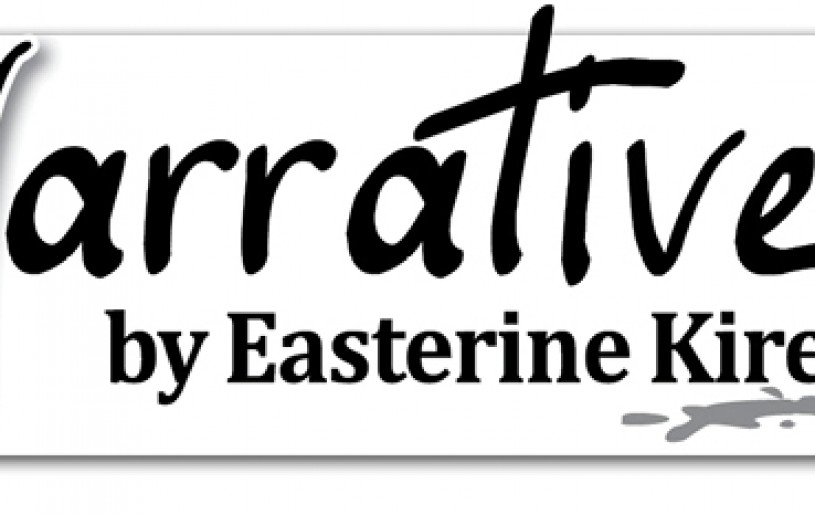
Any society that suffers from “brain-drain” (poverty of ideas) cannot dream of a better future. In such an environment, a strong leader may be able to set up a government and get what he wants, but he may not know how to build his nation or develop his people.
Often rulers ruthlessly exploit people’s fears and insecurities to establish their own positions. For them, the issue is power through the state. They will promise to safeguard people’s security but will do so by keeping the latter under their political control. Those were Hitler’s promises to the German people, yet in the end he brought them—and millions of others—death and destruction. Or consider England in the decades after the death of Queen Elizabeth I. In retrospect, the apparent stability her rule achieved was able to temporarily mask deep political and religious tensions within the society, but these problems eventually exploded into revolution and civil war in the 1940s.
Without an enlightened citizenry, history tells us that the people—especially the poor, the vulnerable, those in greatest need—will be reduced to pawns in the hands of rulers. The pawns may superficially feel safe, but they cannot expect to advance very far, and certainly not to become kings or queens. That’s why having an enlightened and empowered citizenry is required to counter the selfish ambitions of rulers or to check on their potential abuse of power.
Beginning from the seventeenth-century, intellectual leaders in England became more visibly involved in shaping politics. In fact, they exploited the knowledge resources of past centuries. They borrowed from Plato, Aristotle, and Thomas Aquinas, among others, the ideas of mixed government in order to achieve balance, harmony, and compromise among various social classes. They began to talk about how to preserve people’s liberty and curb the power of the rulers. Initially, these intellectual discourses came mostly in the forms of writings, but later, in the eighteenth-century, the political discourses and debates erupted in coffee-houses and public squares. Also, writers and ministers of the crown met monthly, or sometimes weekly, in clubs to discuss political affairs and even plan government actions.
About French societies, Alexis de Tocqueville talked of how men of letters took the lead in their politics. Although they were not always successful, often they had the fondness for reshaping institutions on ingenious lines and for reconstructing the entire constitution according to the rules of logic instead of trying to rectify its faulty parts.
In search for a more perfect system of government, the early Americans read the writings of Plato, Aristotle, Vergil, Cicero, Cato, Plutarch, Sidney, Pufendorf, Bolingbroke, and Locke. They benefited from the teachings of the leading English and continental intellectuals before them. But they also had their own intellectuals, such as the celebrated Thomas Franklin and the lesser known John Wise, Jonathan Mayhew, and Richard Bland.
The early American thinkers used a wide array of means to circulate their ideas so as to influence the politics of their day. They printed pamphlets, which sometimes provoked rebuttals by the English in England. Some wrote newspaper articles that would often be reprinted in local weeklies throughout the colonies. On civic occasions, they offered oration, which might be printed later. Others used pulpits in the churches. Indeed, pastors were expected to preach on the religious implications of political issues.
The American Constitution was literally drawn from the intellectual resources of earlier centuries. In the words of Bernard Bailyn, it was a culminating product of a “continuous, unbroken line of intellectual development and political experience,” bridging the worlds of classical antiquity, seventeenth-century English and continental thoughts. But no doubt American intellectuals such as Thomas Jefferson and James Madison also added their own ideas to the writing of the Constitution. Their genius was in expanding the liberties of the common people through the use of governmental power as opposed to merely protecting people’s liberties against government’s power. That is, they saw that individual liberty could be enlarged through expansion of government’s positive role in health, housing, work laws, and, above all, education.
As for building India to be a nation of law, India had many distinguished men of thought: Dr. B.R. Ambedkar, Sir BenegalNarsing Rau, Alladi Krishna Aiyar, Dr. Rajendra Prasad, SardarVallabhbha Patel, Pandit Jawaharlal Nehru, and others. Although these men made unique contributions towards the writing of the Indian Constitution, they also borrowed heavily from all the best constitutions of that time (e,g., Bill of Rights from U.S. Constitution, rules and conventions from Great Britain’s Constitution, rights of citizens from France’s Constitution, and so on).
Now coming to the Naga people, can we honestly say that we value intellectual leadership for the building up of our society? Or do we think mere power- and money-mongers leading us would be in the best interest for our people? Or should we just let our tribal leaders call all the shots as to how our today’s society should be? Are we really short of people who are trained in political sciences, law, philosophy, sociology, and commerce? If we say we have enough intellectuals, where are they, especially in times of controversial issues facing our society? Why do they become so quiet when their voices are needed to be heard? And what are they doing to exert influence on our government or affect change when necessary? Why do they shy away from shaping our politics and policies?
It’s high time Naga intellectuals from all backgrounds put their heads together to decide on what is best for our people. As well-informed citizens, they are expected to show us the way and lead our society towards a progressive path.






